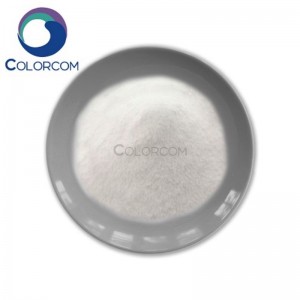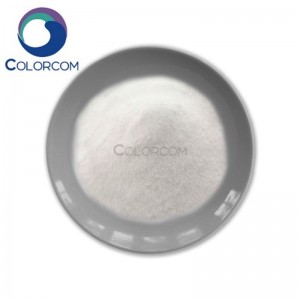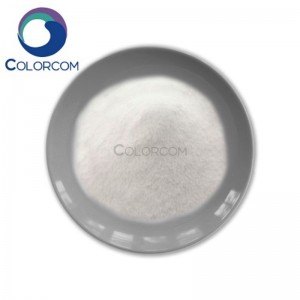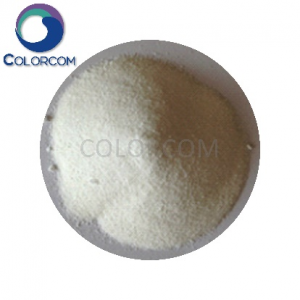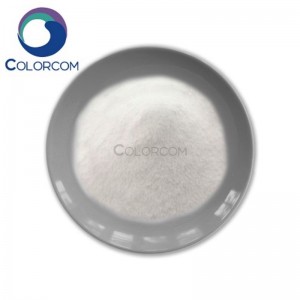Cytidine 5′-triphosphate disodium salt | 36051-68-0
Product Description
Cytidine 5'-triphosphate disodium salt (CTP disodium) is a chemical compound derived from cytidine, a nucleoside crucial in nucleic acid metabolism and cellular signaling.
Chemical Structure: CTP disodium consists of cytidine, comprising the pyrimidine base cytosine and the five-carbon sugar ribose, linked to three phosphate groups at the 5' carbon of the ribose. The disodium salt form enhances its solubility in aqueous solutions.
Biological Role: CTP disodium participates in various cellular processes:
RNA Synthesis: CTP is one of the four ribonucleoside triphosphates (NTPs) used during transcription to synthesize RNA. It is incorporated into the RNA strand complementary to the DNA template.
Nucleotide Metabolism: CTP is an essential component of nucleic acids, contributing to the synthesis of RNA and DNA molecules.
Energy Metabolism: CTP is involved in cellular energy metabolism, serving as a precursor for the synthesis of other nucleotides and energy carriers such as adenosine triphosphate (ATP) and guanosine triphosphate (GTP).
Physiological Functions
RNA Structure and Function: CTP contributes to the structural integrity and stability of RNA molecules. It participates in RNA folding, secondary structure formation, and interactions with proteins and other molecules.
Cellular Signaling: CTP-containing molecules may act as signaling molecules, influencing cellular processes and pathways involved in gene expression, cell growth, and differentiation.
Research and Therapeutic Applications
CTP and its derivatives are used in biochemical and molecular biology research to study RNA synthesis, structure, and function. They are also employed in cell culture experiments and in vitro assays.
CTP supplementation has been explored for potential therapeutic applications in conditions affecting nucleic acid metabolism, RNA synthesis, and cellular signaling.
Administration: In laboratory settings, CTP disodium is typically dissolved in aqueous solutions for experimental use. Its solubility in water makes it suitable for various applications in cell culture, biochemical assays, and molecular biology experiments.
Package
25KG/BAG or as you request.
Storage
Store at a ventilated, dry place.
Executive Standard
International Standard.



